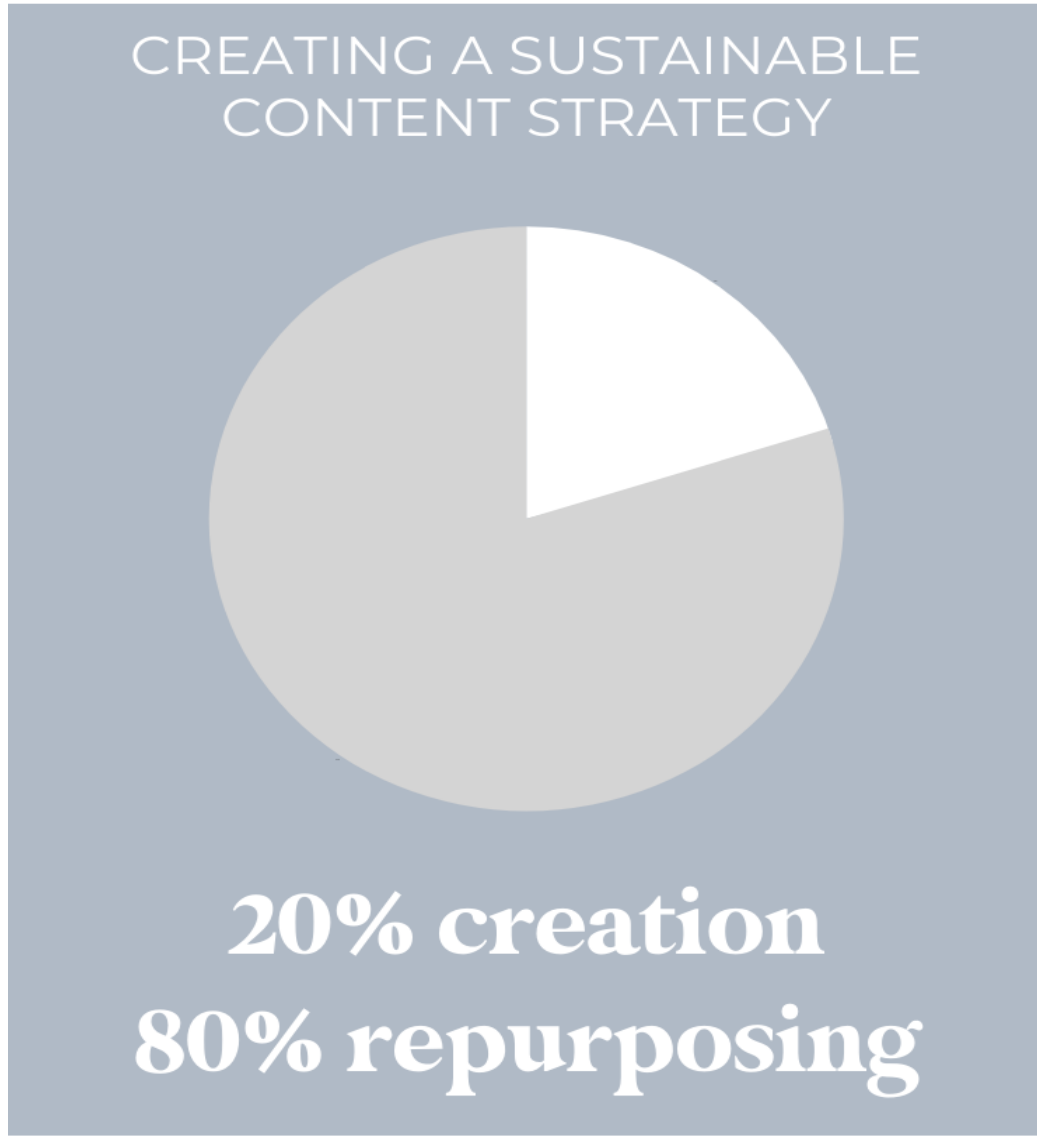Startup branding can be a tricky nut to crack. With so much competition weighing on new entrepreneurs, it could be time to tap into sustainability if you want to create a brand identity that starts off on the right foot with potential consumers.
With over 66% of consumers now willing to pay more for ethically sourced goods, embracing sustainability within your business is a must in 2023. On the back of COP26’s push for a global net zero in 2050, high street giants are pioneering a future of green branding. From sustainable swimwear collections to eco-friendly collections, brands are doing everything they can to show their consumers that they put the planet first.
If startup brands want to be in with a chance at online dominance in a fierce ecommerce sector, they should also think about green branding. From conscious content on social media to improving transparency on site, building an eco-friendly marketing strategy is positive for the planet and a brand’s ROI.
However, those that do opt for green branding should be in it for the right reasons, according to experts at Branding Mag.
“The key to building an effective marketing strategy for a sustainable brand is to genuinely care for the cause with a passion,” they say. “If you’re thinking of using sustainability as a marketing tactic, think again – this is so much bigger than being a method of gaining new audiences, and it’s a matter of necessity in both the business world and for the environment.”
If you’re ready to go green, here are five ways you can incorporate eco-friendly practices into your startup branding strategy in 2023.
New $10K grants are available, plus free courses. Verizon Small Business Digital Ready.
How to create conscious content as a startup
Did you know that 81% of shoppers want all businesses they interact with to be environmentally conscious in their content strategy?
In order to create green content, you’ve got to immerse yourself in sustainable practices. Take time to learn about sustainable manufacturing, and find ways to reduce your business employees on carbon offsetting and ethical sourcing. You can’t convince your consumers if you’re not promoting sustainability for the right reasons.
Once you’ve taken time to immerse yourself in a sustainable future, it’s time to start creating content that reflects your eco-friendly practices. From positioning yourself as an opinion leader to writing educational blog content, here are 5 ways to add sustainability to your strategy.
1. Become an opinion leader
It’s never been easier to make your voice heard online. With the ability to tap into any social channel in seconds, you can quickly establish yourself as a green industry voice within your community.
Building a brand image from scratch can be tricky, so it’s important to keep in touch with viral sustainable trends and developments so that you can take a position and share your thoughts. As your platform grows, switch from being a conversation commenter to a conversation starter. Start talking about how your brand is making a difference, and share your plans to improve sustainability in the future.
2. Start theming your content
There are plenty of eco-friendly events on throat the year that make great starting points for a content theme. World Earth Day is a great example of this. Why not create a themed week of social content surrounding the origins and the importance of World Earth Day?
Using hashtags such as #EarthDay or #WorldEarthDay2023 will help your content appear in popular searches as the event approaches, boosting your chances of engagement and brand interest.
3. Start a blog
Creating conscious content goes much further than social media. If you want your site to be noticed as a sustainable player too, it’s time to start editing your web content for an eco-friendly audience.
This includes writing blog posts. This is a great place to post company updates, delve into what inspired your brand to be sustainable, and go into depth about how your startup aims to contribute to a greener future with its products and services.
Eco-friendly glasses brand, Eyeglasses, is a great example of this. Using Vision Magazine as a platform to share more info on sustainable practices within the industry while also posting content on healthcare, philosophy and fashion, their approach to conscious content continues to draw visitors to their website.
4. Repurpose your content
In order to grow your content platforms, you have to post regularly on all channels. This can be time-consuming, especially for a startup brand.
This is where repurposing comes into play. The key here is to spend only 20% of your time creating the framework for your content.

(Image Source: Local Creative)
You should spend the other 80% editing the same piece to scatter across other socials too. For example, a YouTube video could be cut down into a 30-second clip for TikTok.
This will save you time and energy while making your brand appear more consistent and trustworthy as an opinion leader across its social channels.
5. Start partnering with other eco-friendly brands
The easiest way to grow online is to start making connections within your industry. If you’re a sustainable startup looking to gain a voice, why not partner with a more established ‘green brand’ in your industry in a set of social content or blog mention exchanges?
Take the collaboration between Reformation and New Balance as an example. Both fashion brands partnered to elevate New Balance’s new eco-friendly footwear collection launch. Embracing Reformation’s green voice within the fashion industry, the brands created a series of shared content on socials about sustainability, while still promoting New Balance’s new line.
A greener future for startups?
A whopping 82% of startups plan to increase their green marketing spending in 2023, according to a new poll by Environmental Leader. The question is, could a greener future be on the cards, and could startups be the pinpoint for change?
“Strive to do better, and don’t stop once you’ve met your goals,” says Branding Mag. “Being sustainable is a matter of survival for old and new brands alike because, if you don’t care, consumers will find the same product or service, but from a brand that does.”






